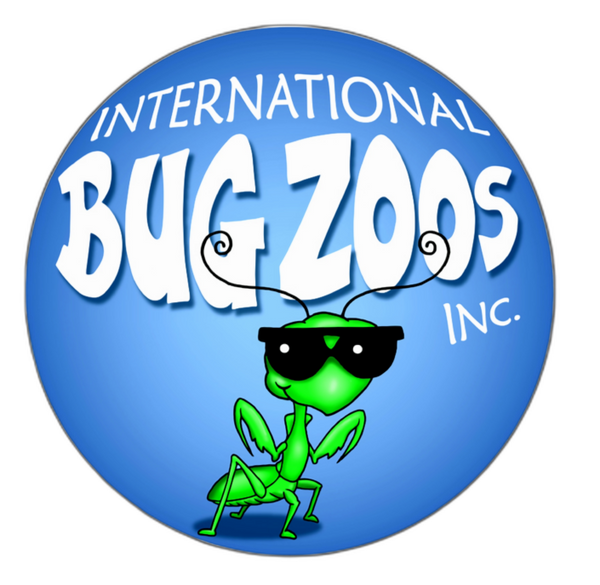Unraveling the Lesser-Known Tale of Darwin’s Entomological Adventures
When Charles Darwin's name is mentioned, the immediate association is often his groundbreaking theory of evolution by natural selection, predominantly informed by observations made during his voyage on the HMS Beagle. However, a fascinating but less heralded aspect of his scientific pursuits lies in his passionate engagement with the world of entomology. Darwin's entomological explorations, although overshadowed by his later works, played a crucial role in the shaping of his scientific inquiries and hypotheses. This journey into Darwin's bug-riddled adventures reveals the profound impact these tiny creatures had on one of science's greatest minds.
Darwin’s Early Bug Beginnings
Charles Darwin's tryst with entomology began long before the Beagle ever set sail. As a young boy, Darwin was already captivated by the natural world, showing a keen interest in collecting and observing insects. This early curiosity was the precursor to a lifelong passion that significantly influenced his scientific path. His university years at Cambridge further fueled his passion for the study of beetles, a common entryway for many into the world of entomology during that time. Darwin’s beetle collecting was more than a hobby; it was an obsession that saw him joining the beetle mania sweeping through Victorian England, even leading to the discovery of several new beetle species.
Voyage of the Beagle: A Bug Hunter’s Diary
The voyage of the HMS Beagle is heralded for its monumental contribution to our understanding of biological diversity and evolutionary processes. Yet, it also served as an extensive field trip for Darwin’s entomological interests. Equipped with his nets, killing jars, and mounting pins, Darwin embarked on what could be dubbed as one of the most significant bug hunting expeditions in history. From the tropical rainforests of South America to the remote islands of the Galápagos, he meticulously collected, observed, and cataloged a vast array of insect species, many of which were unknown to European science at the time.
These endeavors were not without their challenges. Darwin encountered the perils of the natural world firsthand, from torrential rains that threatened his collections to the physical toll of his excursions. Yet, his entomological notes during this voyage are extensive, detailing the behavior, anatomy, and distribution of insect species across diverse environments. This meticulous documentation serves as a testament to Darwin's dedication to understanding the natural world in its entirety, not just the components that would later underpin his evolutionary theory.
The Impact of Insects on Darwin’s Scientific Thought
The insights Darwin gained from his entomological studies were instrumental in the development of his ideas on natural selection and adaptation. Observing insects, he noted the intricate relations between species and their environments, how certain traits appeared beneficial in specific contexts, and the seemingly endless variety of forms within and across species. These observations were pivotal in forming the foundational concepts of his later works.
Moreover, his understanding of the complex interactions between plants and insects, particularly in pollination processes, further emphasized the interconnectedness of all life forms. This perspective was revolutionary, highlighting the dynamic and interdependent nature of ecosystems well before ecological science was formally established.
Legacy of Darwin’s Entomological Pursuits
Today, Darwin is celebrated as a father of evolutionary biology, but his contributions to entomology are also of significant scientific value. His early collections and notes remain a valuable resource for taxonomists and biologists, providing insights into the biodiversity of the 19th century and serving as a baseline for understanding changes in species distributions over time. Furthermore, Darwin’s entomological work exemplifies the importance of curiosity-driven research and the value of interdisciplinary approaches in understanding the natural world.
In the grand tapestry of Darwin’s scientific achievements, his entomological voyages may appear as a mere footnote compared to his broader contributions to biology. However, these adventures unveil a critical aspect of Darwin's character: an insatiable curiosity and a deep reverence for the complexity of life. Exploring bugs with Darwin invites us to look closer at the natural world, to appreciate the small and seemingly insignificant, and to understand their monumental impact on the course of scientific thought.

